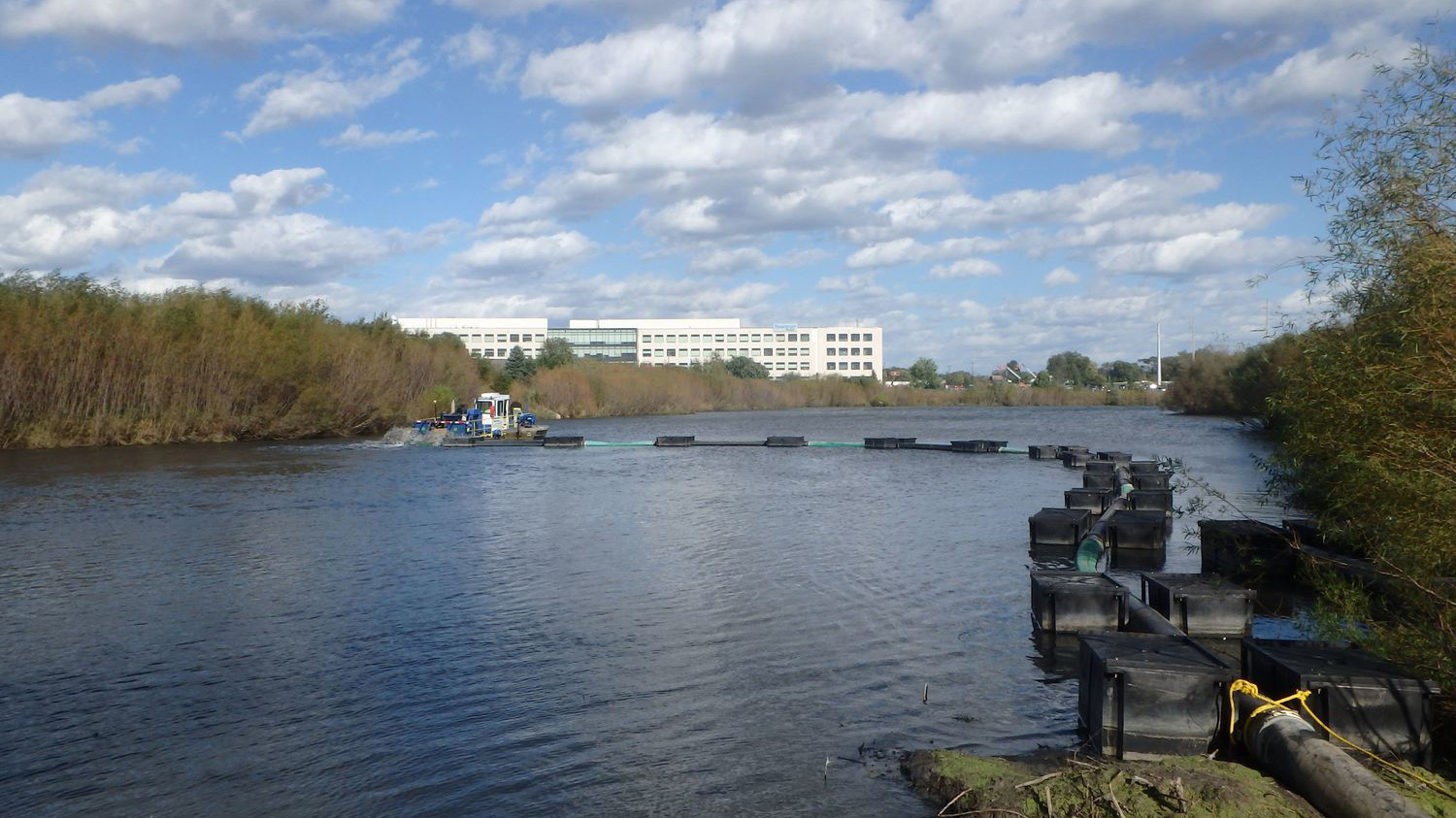Stormwater quality master planning – assessment and action
The City of Middleton is a thriving suburb of Wisconsin’s capital city, Madison. Middleton lies directly upstream of the Madison region’s famous Yahara Chain of Lakes. The lakes are the centerpiece of the area’s natural beauty, but are suffering from water quality issues due to increasing urbanization and agricultural practices within the watershed. As an MS4 community, the City of Middleton takes its responsibility for stormwater quality seriously.
The City is subject to strict limitations on discharges of Total Phosphorus (TP) and Total Suspended Solids (TSS) per the Rock River Total Maximum Daily Loads (TMDL). The City has worked for over a decade on water quality master planning research, inspections, modeling, and reporting; creation of a stormwater utility to fund maintenance and improvements; and identification and implementation of individual water quality improvement projects which further increase the City’s stormwater quality performance.

Confluence Pond dredging
A cornerstone of the City of Middleton’s Water Quality Plan is Confluence Pond, located at the confluence of the north and south branches of the Pheasant Branch Creek, which empties into Lake Mendota. Confluence Pond, a constructed “on-line” stormwater basin, serves a watershed of approximately 12,000 acres, although only about 1,600 of those acres lie within the City of Middleton. The pond is also a recreational asset. Located within a greenway abutting a regional business/industrial park, it is a popular destination for commuter and recreational pedestrian and bicycle traffic. Maintaining the aesthetics of the pond and the surrounding environmental corridors was important to the City.
After 15 years in service, the pond’s pollutant-trapping efficiency was compromised due to the depth of collected sediments, and it needed to be dredged. Hydraulic dredging was utilized in order to reduce construction impacts to adjacent environmental corridors and water quality within Pheasant Branch Creek downstream. Due to the large volume of sediments collected annually by the pond, the need for regular and repeatable dredging operations was recognized and the purchase of adjacent property was negotiated to use as a permanent dewatering and storage site for the dredging spoils.
The dredging project was completed in Summer of 2017, but work continues—currently with both the City of Middleton and the City of Madison to orchestrate a cost-sharing agreement by which both cities will share in ongoing maintenance costs as well as share in the regulatory water quality credit the pond provides.

